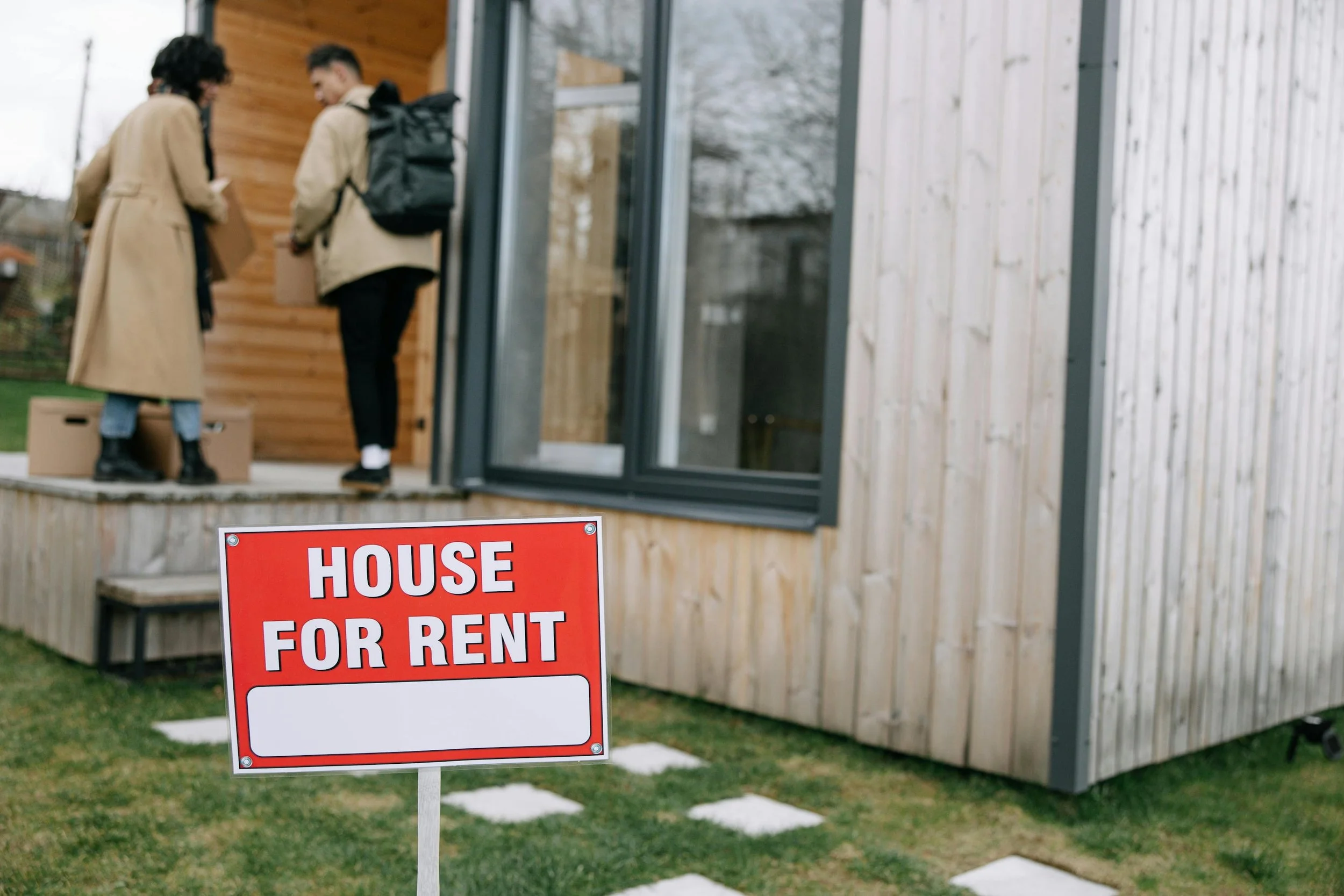How to Check a Vacant Home’s History Before a Cash Sale?
Vacant houses catch a lot of attention, especially from cash buyers looking for quick investments — and from owners hoping to finally sell that long-empty property. But before rushing into a cash deal, it pays to dig into the property's history.
Knowing the backstory can reveal hidden liens, past damages, zoning problems, or even title issues that could turn a great deal into a costly mistake. For sellers, understanding a home’s history can also help you fix red flags before buyers see them — and boost your property’s appeal.
Here’s a step-by-step guide for cash buyers and sellers to research a vacant home’s history, spot risks, and close smoother deals.
Confirm Ownership & Title Before Buying Vacant Homes Near Me
Why this matters:
Before buying or selling, it’s critical to know who legally owns the property — and if there are issues clouding the title.
For buyers:
Visit the county clerk or recorder’s office (often online) to search the deed and chain of title.
Look for recent transfers, quitclaim deeds, or probate filings that could complicate ownership.
Consider hiring a title company to do a professional title search. Cash buyers often skip this step to expedite the process, but even a brief check can prevent surprises.
For sellers:
Order a preliminary title report so you know exactly what shows up.
Clear unpaid taxes or recorded liens early to avoid deal delays.
How to Find Liens When You Buy Vacant Houses for Cash?
Vacant homes often come with unpaid taxes or contractor liens — big red flags for buyers, and barriers sellers should resolve.
Where to look:
County tax assessor’s website: Shows unpaid property taxes or special assessments.
County recorder or clerk’s office: Lists mechanic’s liens, HOA liens, or court judgments.
Tip:
Buyers should also search the seller’s name in county court databases for recent lawsuits, which might lead to liens.
For sellers:
Pay off liens if possible, or be prepared to disclose them and adjust your price.
Uncover Past Damage & Permits on Vacant Properties
Unpermitted work on vacant homes can mean expensive fixes after purchase.
How to check:
Ask the local building department for permit history (often online).
Look for major work: roof replacements, additions, electrical or plumbing changes.
Compare permits to what you see in person. A big remodel with no record? Red flag.
For sellers:
If you discover unpermitted work, talk to a contractor about bringing it up to code, or disclose it clearly to cash buyers.
Check Damage History and Insurance Claims
Vacant homes sometimes suffer from vandalism, fires, or water leaks — issues that can linger.
How to investigate:
Ask for an insurance loss history report (also called CLUE or A-PLUS).
– Owners must request this; buyers can ask sellers to share it.Walk the property yourself. Look for water stains, foundation cracks, or signs of squatters.
For sellers:
Fix visible damage if possible, or be transparent with buyers. Most cash buyers expect some repairs, but hidden damage can kill trust — and the deal.
Vacant Property Zoning: What Cash Buyers Should Know?
Zoning laws can limit your plans to remodel, add units, or turn a single-family vacant home into a rental.
Where to check:
City or county planning department website: zoning maps and land use rules.
Ask about special overlays like historic districts or flood zones.
Search for open code violations that could mean fines.
Tip for buyers:
Never assume you can do what you want — confirm zoning and permits before closing.
Look Up Sale History & Past Listings for Vacant Homes Near You
Past MLS listings and sale records reveal valuable clues:
How long has the home been vacant
Previous price drops
Photos showing past damage or repairs
How to find them:
Use websites like Zillow, Redfin, or Realtor.com to view sale history.
Ask a local real estate agent for older MLS data.
For sellers:
If the home sat on the market before, find out why, and fix those issues before relisting.
Neighborhood Data: Vacancy Rates & Market Trends
Vacant homes don’t exist in isolation. Check:
Comparable sales nearby
Vacancy rates in the area
Crime stats and school ratings
Why it matters:
Buyers can estimate resale value and rental potential. Sellers can justify asking prices with solid neighborhood data.
Red Flags When Selling Vacant Property Quickly for Cash
Cash buyers often buy “as is,” but some risks still scare them off:
Unclear title or multiple heirs
Major foundation damage or mold
Unpaid tax liens
Unpermitted additions
For sellers:
Identify and fix what you can. Disclose what you can’t. Surprises after a contract is signed are deal-killers.
Prepare Documents to Close Vacant House Deals Faster
Once you’ve researched:
Buyers: Hire a title company or attorney to finalize the deal quickly. Have proof of funds ready.
Sellers: Collect documents buyers will ask for: title, lien payoff letters, permit history.
A clean, documented history helps cash deals close faster, sometimes in days.
Why All This Matters?
Vacant homes can be diamonds in the rough — or money pits. Cash buyers move fast, but skipping research can cost thousands:
Title issues can block resale or refinancing
Unknown liens become your responsibility after closing
Unpermitted work can force expensive corrections
For sellers, knowing your property's history means:
You can fix small issues before they scare off buyers
You’ll justify your asking price with confidence
Deals close faster because surprises are removed
Before You Close: Key Takeaways for Cash Buyers & Sellers
Whether you’re a cash buyer looking for your next investment or an owner trying to sell a vacant house quickly, researching the home’s history isn’t just paperwork. It protects your money, prevents last-minute deal failures, and helps everyone walk away happy.
Vacant homes often come with baggage. But with a bit of homework and transparency, they can also turn into some of the best deals on the market.





